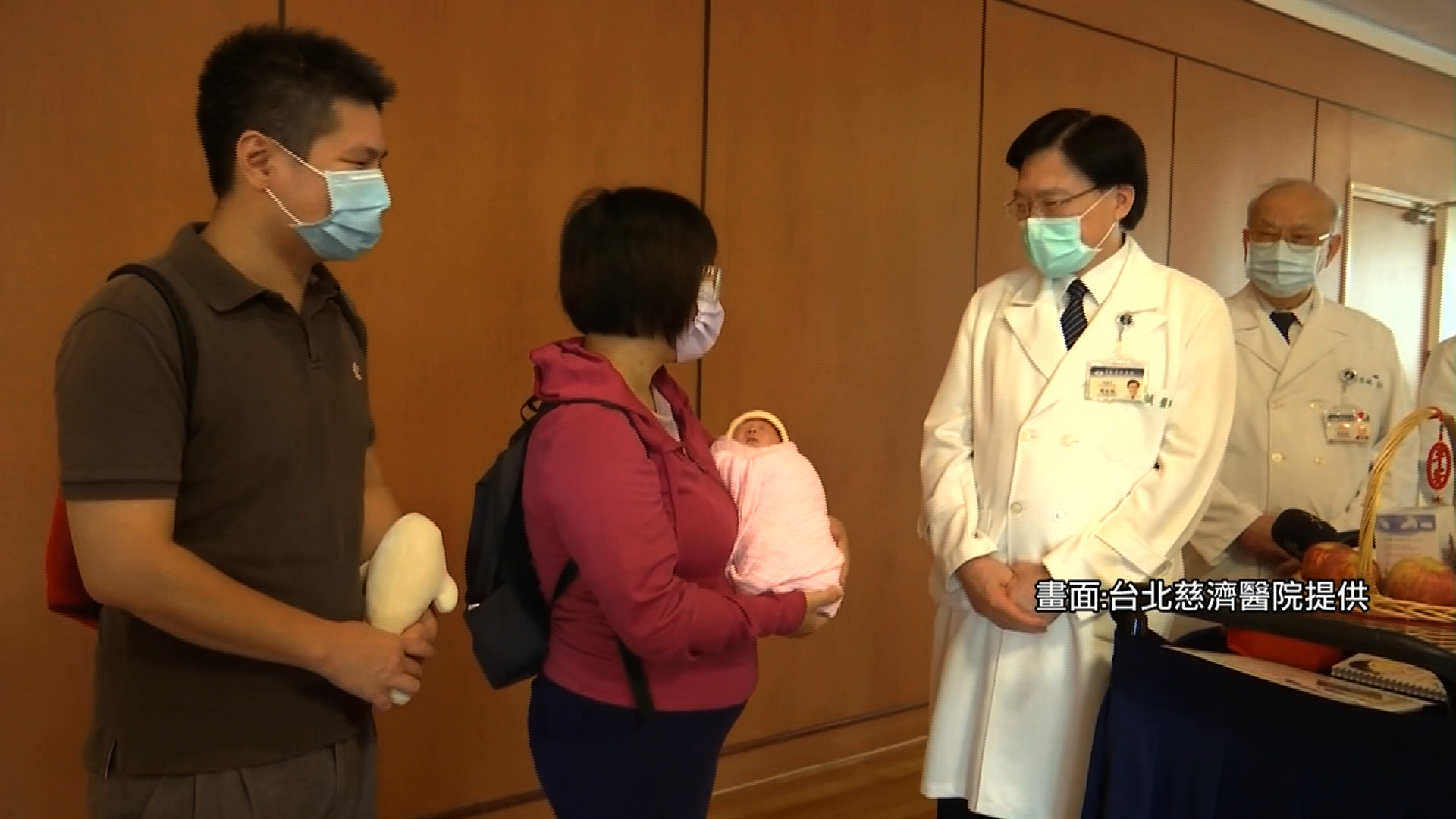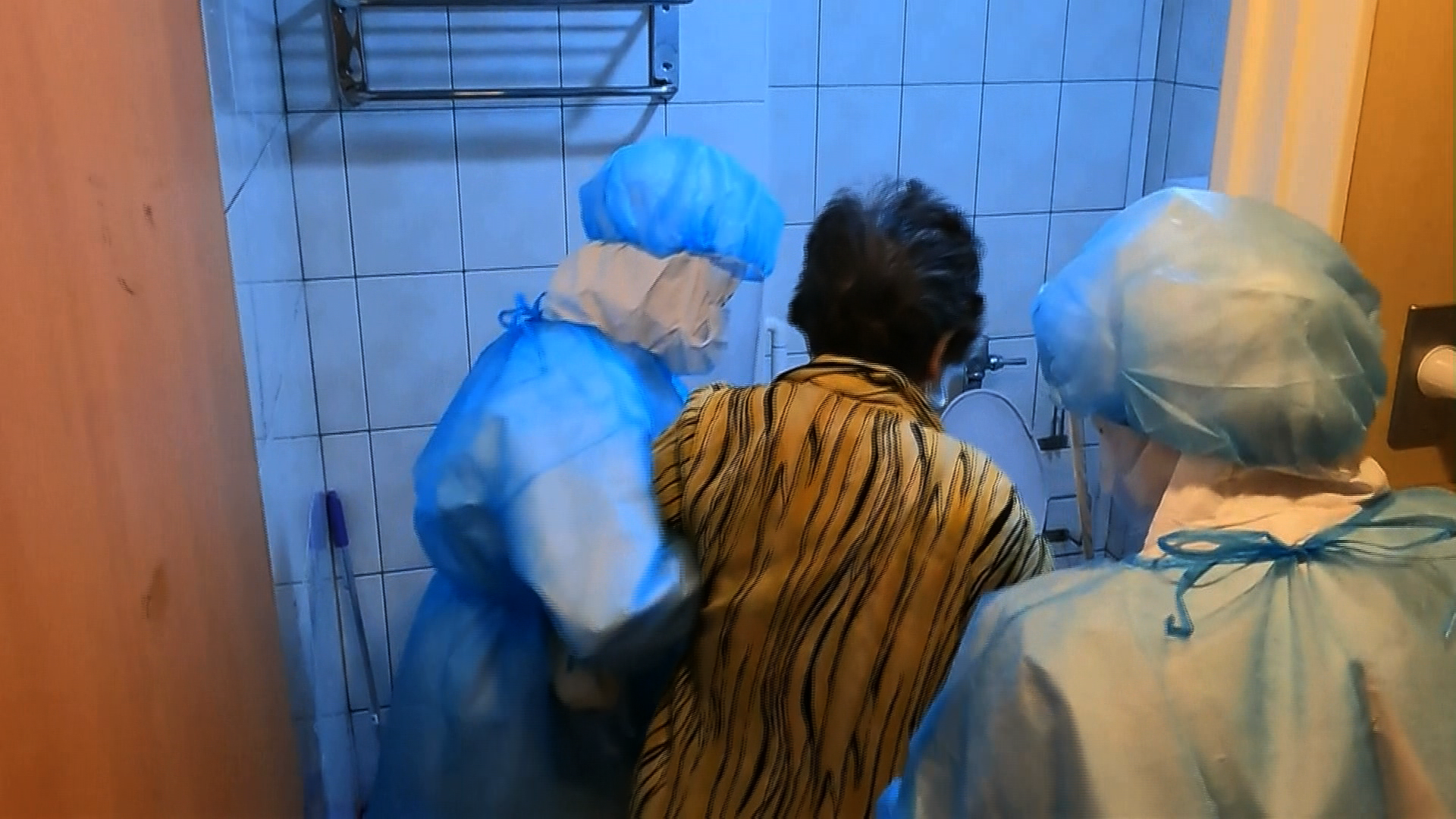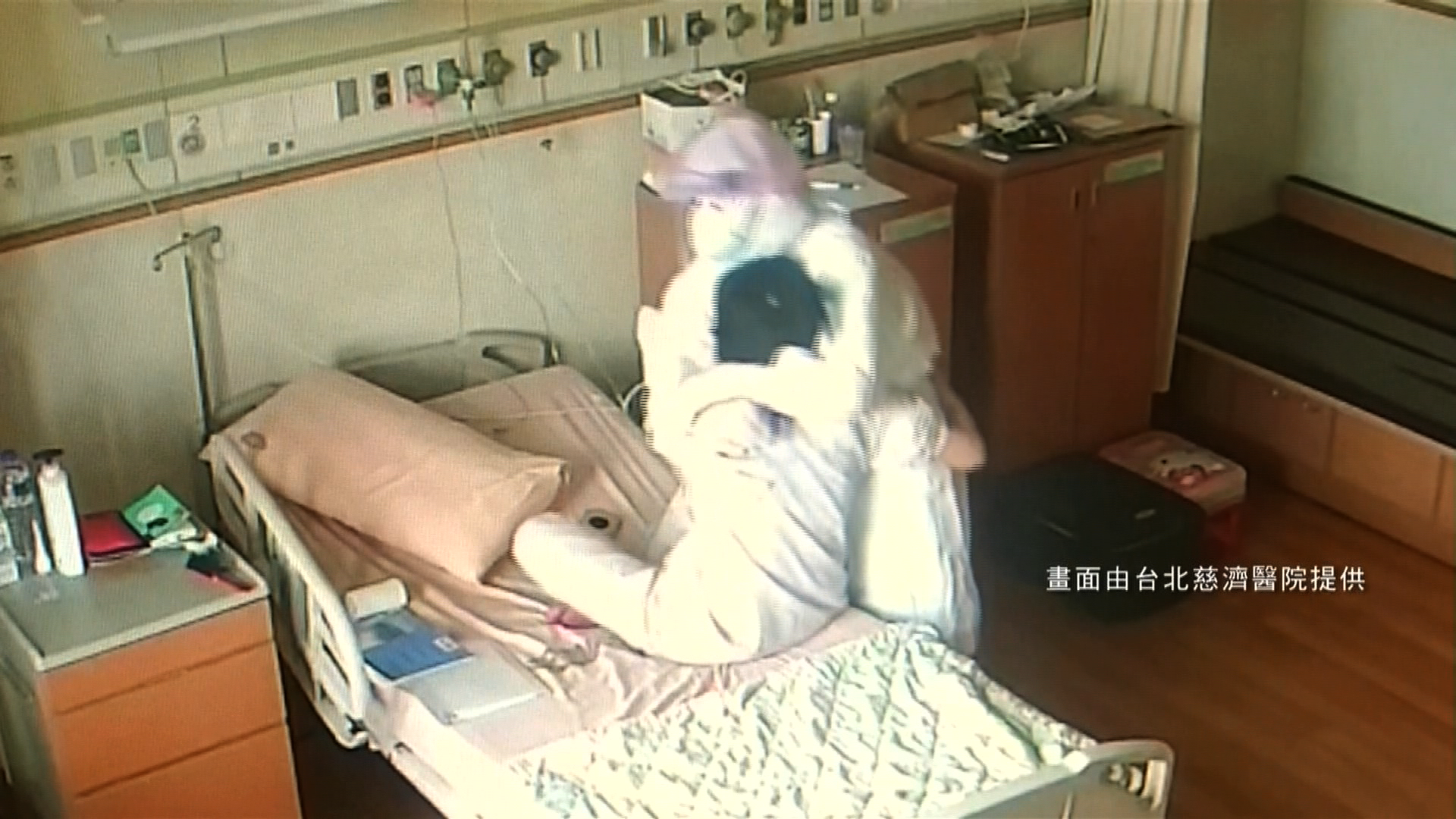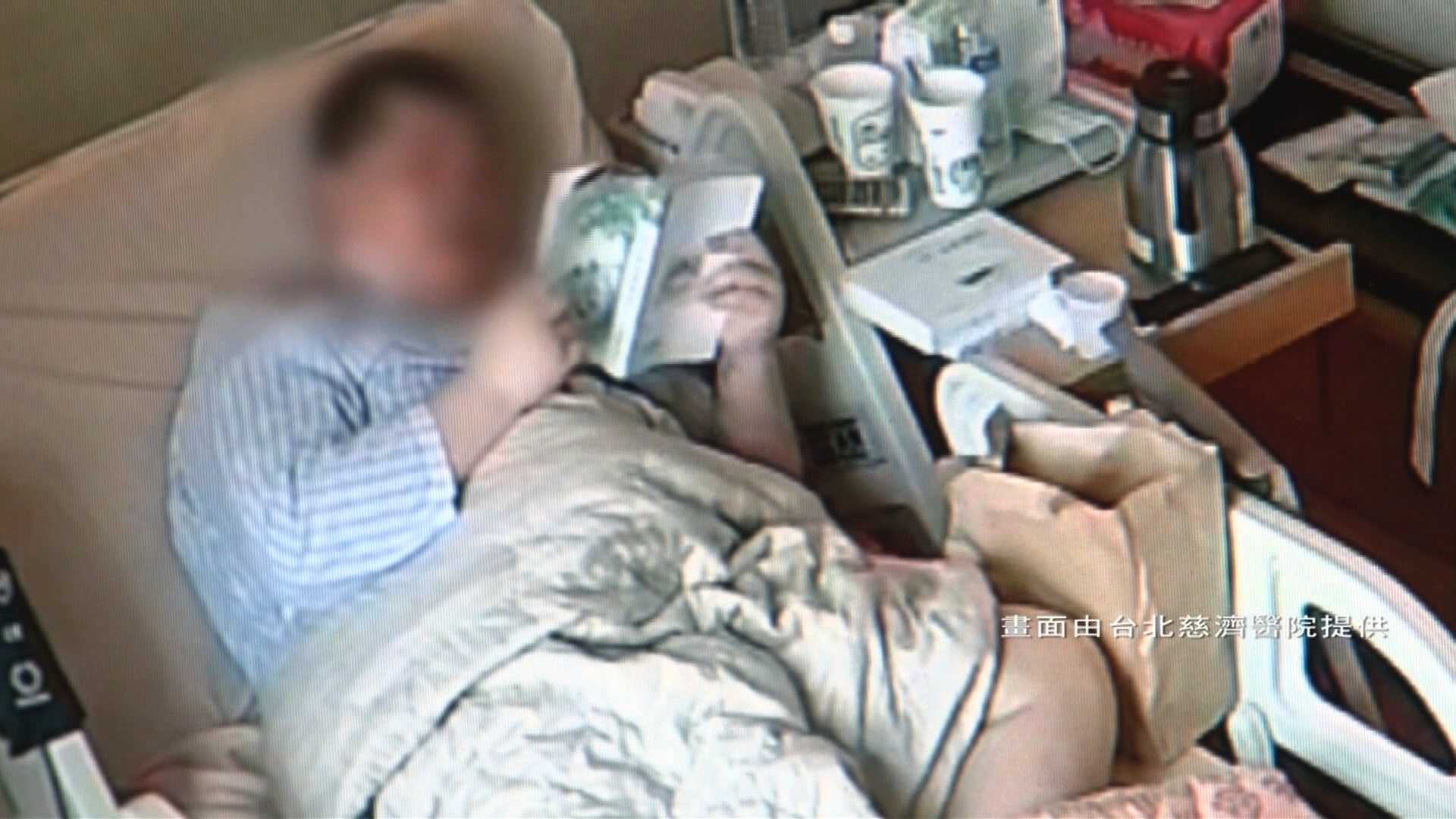Life Wisdom: Creating Boundless Merits in Caring for the Ill

We see patients who have received our loving care being discharged from the hospital. Besides receiving gratitude from patients and their families, (medical personnel) also receive praises. Though medical personnel serve without asking for anything in return, patients acknowledge their work.
The best way to receive such an acknowledgement is for patients to remain healthy. In this way, both patients and doctors can be at ease both in body and in mind and, moreover, foster a harmonious relationship between doctors and patients and make everyone happy. Both sides create merits. Buddhist sutras mentioned that treating patients creates five kinds of merits and virtues. Those who know how to treat illnesses know which food to give to patients.
In the Buddha’s time, when a person was ill, there were diet restrictions of when not to eat. When a person started eating, guidance was given to the kinds of food they could eat. In the Buddha’s time, they also had ways of treating illnesses. What to eat and what not to eat was also part of the Buddha’s teachings. Thus, those who know how to treat patients know what food to give to patients and the amount to give. This is also part of the Buddha’s teachings.

The Buddha also taught his monastics to take care of their fellow monastics who were ill in the sangha. He hoped that those who were healthy did not dislike those who were ill with filthy bodies. The Buddha said that the filthiest thing in the world is our body. When one falls ill with no one to take care of him and he himself cannot take care of his body, his body becomes dirty and smelly after a few days. One time, a monastic fell ill.
The Buddha saw that other monastics were afraid of approaching the ill monk. The Buddha then personally took care of the ill monk and washed his body. This is leading by example. This is why we often call doctors “great healers”, which means living buddhas who treat patients with loving care. So, we should truly respect doctors. Nurses also care for patients, so the merits of nurses in treating patients are the same as doctors.
I sensed that she was very lonely and afraid, so, the best way was to give her a big hug, and she’d know that she’s safe.
She held me and said, “You’re fine, you’re doing fine.”
I was crying so hard, it’s like she understood me, and I was comforted. She knows the pain in my heart, and I’m being supported. Not only (my illness), but even my worries were soothed. Thank you for taking care of me. I cried several times, really; you cleaned up after me, and other people wouldn’t do this as we’re not related. You’re extraordinary, thank you all.

Treating and healing patients truly bring boundless merits. Doctors have loving-kindness and compassion in their hearts; loving-kindness is to give joy to others, the joy of living in stability both physically and mentally. When patients recover, doctors are happy. When doctors take away the pain and illness of patients, doctors will have no worries. Both parties are happy, and this is enlightened love.
When we see a patient as our family, his suffering is our suffering, and when he is healthy, we are no longer stressed. Such is the merits and compassion of a doctor. Doctors are not doing this for the money, no, they do so to treat the patients, as well as to prescribe medications, etc.; this is all found in the sutras. They also share the Dharma with patients, and this is teaching others. Both the lessons on life and the illnesses in life (are important matters.)
With this pandemic, I’ve been talking about the grand lessons. As there is a pandemic now, every one of us must calm our hearts; hence, I often say that we must stop, listen, and watch. In life, there is nothing more valuable than being alive and healthy. When there is a pandemic, chasing after fame and fortune is excessive as they are worldly possessions. What we should look to gain is for our bodies and minds to be healthy and safe.

So, we all have to protect our health and stay safe in our everyday living; such is to be blessed in our world. This stems from a thought of kindness; for us to stay safe and well, we must protect Earth and all lives. So, I’d like to say this again that diseases enter through the mouth and we must not go along with our desire for meat for a quick pleasure, which allows viruses and illnesses to enter our body with the food we eat. Let us avoid doing this. At this crucial time, I must urge people and say, please spare more animals’ lives and let all animals live.
Naturally, the dark, pressing clouds we add on all living beings, which frightens them, (will disappear). When humans have a bigger heart to give animals space and freedom to live, this is actually creating merits and virtue. We will also grow in wisdom. Because for a person with wisdom, only when he knows himself will he know others.
By knowing others, a person with wisdom comes to know himself. All in all, to know ourselves, we must know life’s principles about the world. To know all life’s principles in the world is to have wisdom, which is to also know oneself. After all, let us not be a person who cannot make his own decision. We have to clearly know what we want to do and what we mustn’t do. Don’t become someone who have no control over their action. So, we must learn the grand lessons. I hope that volunteers who are with us online can calm their minds and pay close attention to understand the lesson about life. So, everyone, please be mindful all the time.








 Sitemap
Sitemap